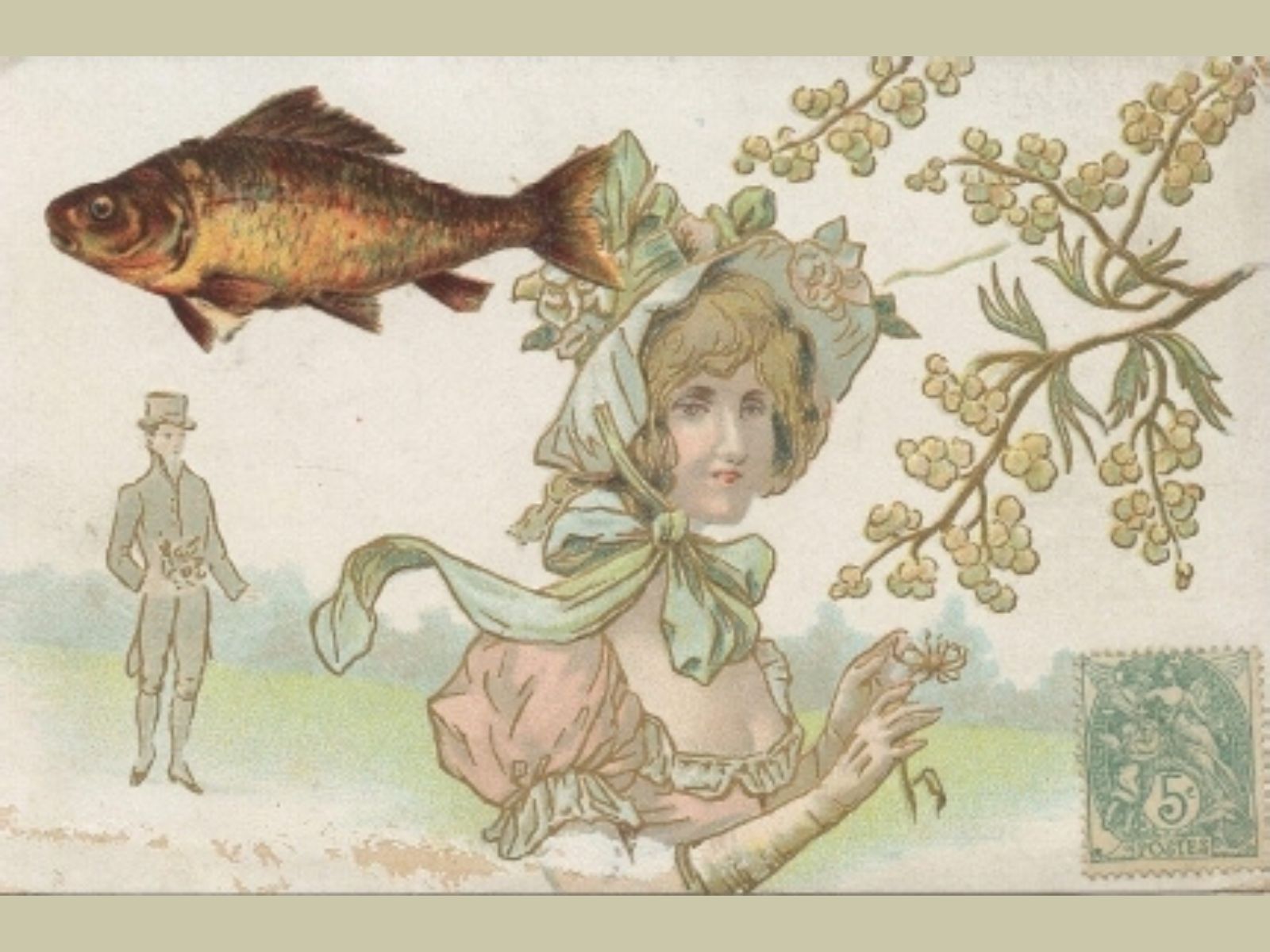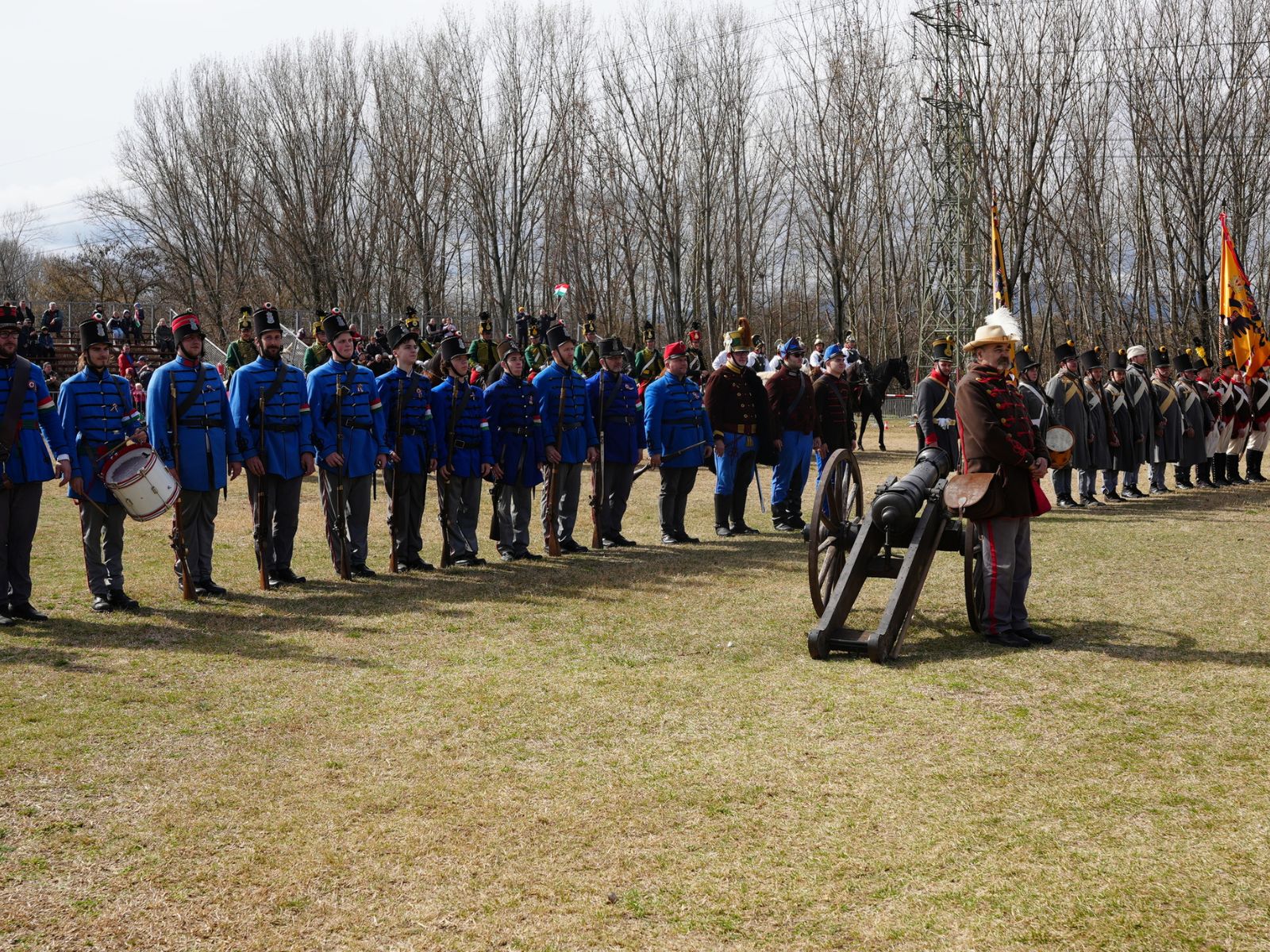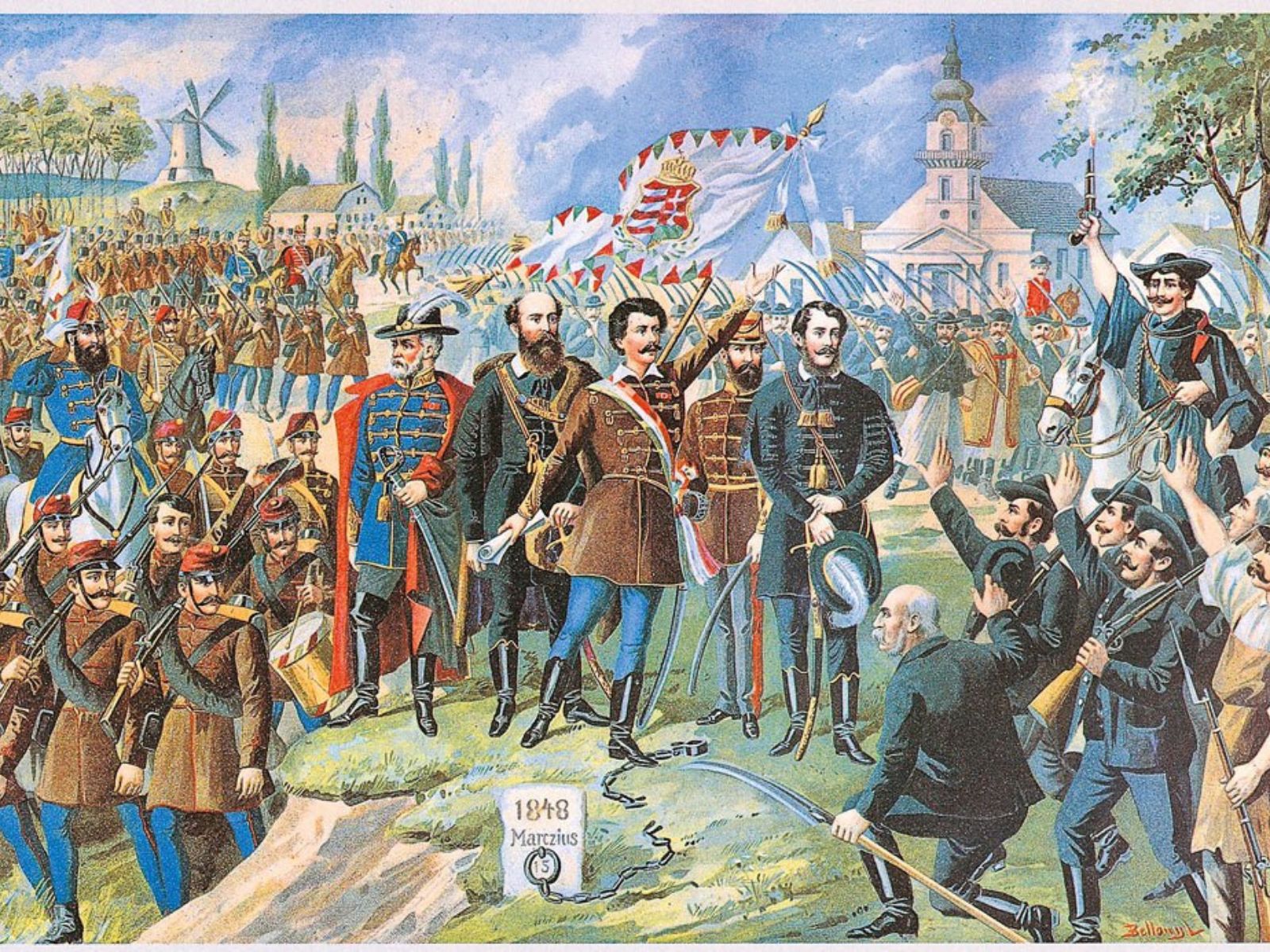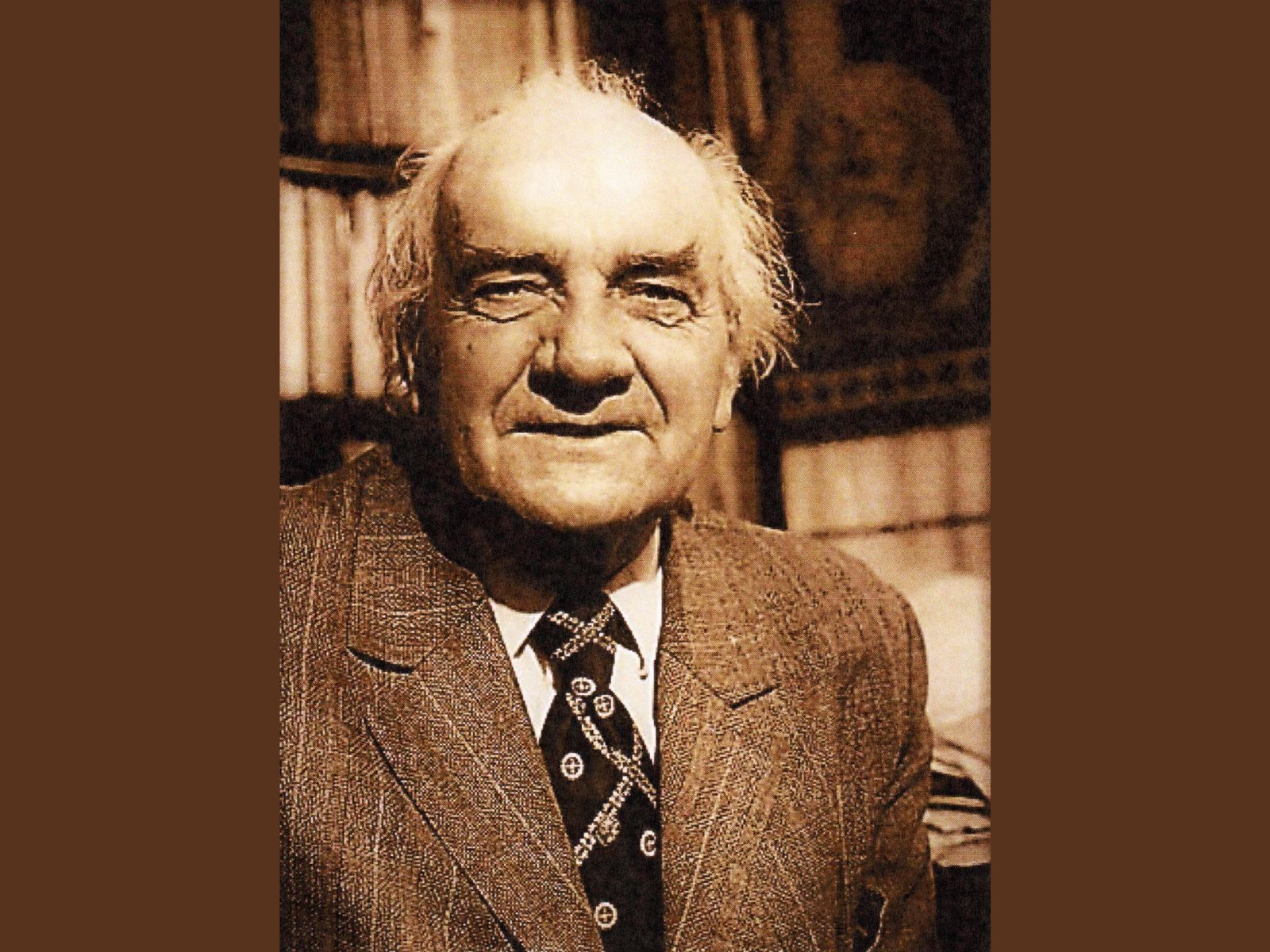
Márai, a magyar polgárság írója
„Hivatásérzés, az európai szerep tudata, s a mély kötelesség: szeretni és szolgálni a népet, melyhez nyelv, emlék, jó és rossz sors, s nyelvnél és fajtánál is erősebb kötőanyagok, a közös nemzeti sors kötöz... Ez a dolgunk Európában.”
Csatajáték és megemlékezés
Vác-Hétkápolnánál ért véget a 36. Tavaszi Emlékhadjárat anyaországi eseménysorozata.


Késő középkori magyar királyok sírfeliratai
535 évvel ezelőtt, 1490. április 6-án hunyt el Bécsben Hunyadi Mátyás, akinek síremlékét – a legtöbb XIV–XV. századi magyar király síremlékéhez hasonlóan – a törökök a XVI. század második felére elpusztították.
Csiribiri kanveréb, a bolondot küldd odébb
Az április elsejei bolondériák eredetére jónéhány magyarázat létezik, számos részigazsággal: ezek szerint antik római és / vagy ősi kelta tavaszünnepi hagyomány része a tréfálkozás, a becsapós feladatok, lehetetlen küldetések kitalálása, és más efféle játékok.


Szatmárnémeti elismert kutatójára emlékezünk
Bura László sokoldalú kutató volt, nyelvészettel, névtannal, helytörténettel, egyháztörténettel, néprajzzal és népköltészettel is foglalkozott.
Ott voltunk a Katonadombon
Rendhagyó módon emlékezett Dunakeszi 1848–1849 hőseire március 16-án, vasárnap.


1849 március idusa: „a Magyar Szabadság évnapja”
Bizony, 1849 márciusában nehéz helyzetben volt Magyarhon. Kál–Kápolna mellett döntetlennel végződött a császári-királyi és a magyar fősereg összecsapása, a honvédek azonban parancsra meghátráltak.
A „kettős honfoglalás” elmélete az írott kútfők tükrében
„A múlt kutatója állandóan a »termékeny bizonytalanság« légkörében dolgozik.” Ezt a szakmai hitvallást a ma 115 évvel ezelőtt született László Gyula fogalmazta meg.


Régi rigmus anyanyelvünk napjára
1999-ben nyilvánította az UNESCO közgyűlése február 21-ikét az anyanyelv nemzetközi napjává, hogy felhívják a figyelmet a Föld nyelvi sokszínűségére.
Az író szemével is látjuk magunkat
A kétszáz évvel ezelőtt született író nagyságról, Jókai Mórról emlékezett meg a Magyarságkutató Intézet Történeti Kutatóközpontjának igazgatója a Honnan tudjuk, amit tudunk? beszélgetéssorozat bevezetőjében. Dr. B. Szabó János jelezte, a Magyarságkutató Intézetnek szándékában áll saját rendezvénnyel és kiadvánnyal csatlakozni a Jókai 200 programsorozathoz.
